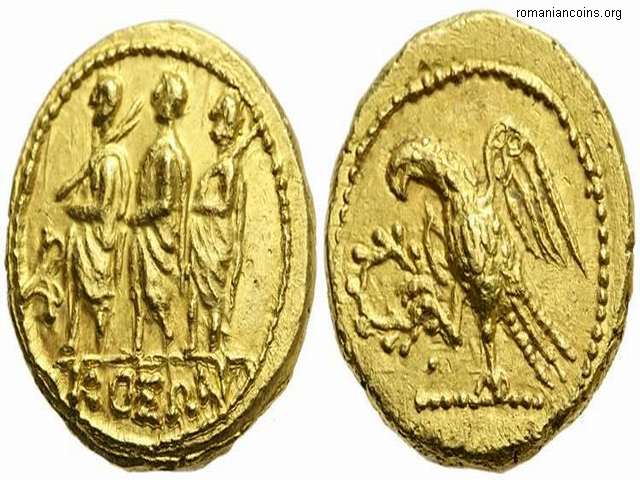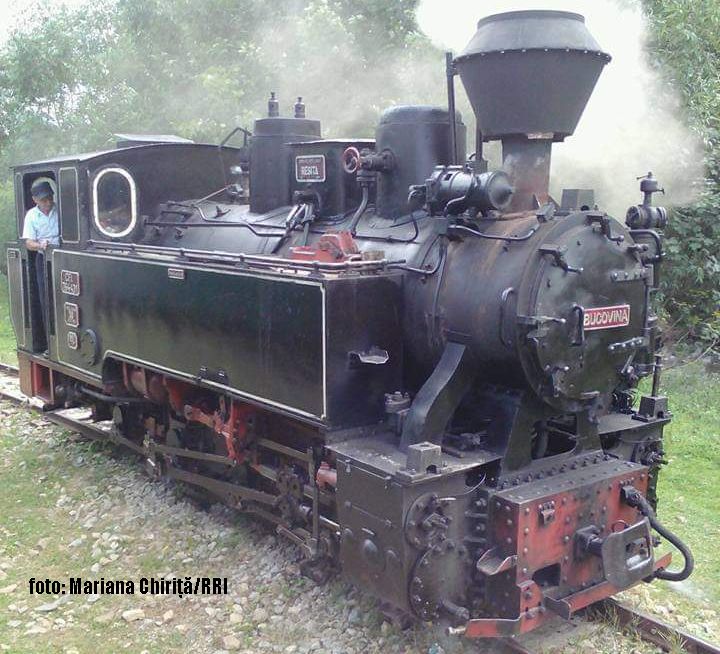The Map of the Kingdom of Dacia by Abraham Ortelius
The present-day Romanian territory was first mapped as part of Tabula Peutingeriana, the Peutinger Table, a copy of a 2nd — 3rd century Roman map showing the road network in the Roman Empire. But the oldest map including Romanian territories was drawn up by the Saxon humanist thinker and religious reform promoter Johannes Honterus, in 1542. Drawn and engraved in wood in Brasov, central Romania, the map of Honterus mentioned, apart from the traditional names of the Romanian medieval states, the ancient name “Dacia,” assigned to the province of Oltenia, in the south-west of today’s Romania. That was not the only time that the name Dacia was used to identify the entire medieval Romanian area. In an attempt to delineate a specific geo-cultural region, medieval authors often used ancient names. This makes medieval maps a classical example of what experts call a “palimpsest,” namely a document from which the text has been scrapped or washed off and which has been re-used for a new text.

Steliu Lambru, 06.12.2014, 12:42
The present-day Romanian territory was first mapped as part of Tabula Peutingeriana, the Peutinger Table, a copy of a 2nd — 3rd century Roman map showing the road network in the Roman Empire. But the oldest map including Romanian territories was drawn up by the Saxon humanist thinker and religious reform promoter Johannes Honterus, in 1542. Drawn and engraved in wood in Brasov, central Romania, the map of Honterus mentioned, apart from the traditional names of the Romanian medieval states, the ancient name “Dacia,” assigned to the province of Oltenia, in the south-west of today’s Romania. That was not the only time that the name Dacia was used to identify the entire medieval Romanian area. In an attempt to delineate a specific geo-cultural region, medieval authors often used ancient names. This makes medieval maps a classical example of what experts call a “palimpsest,” namely a document from which the text has been scrapped or washed off and which has been re-used for a new text.
The name “Dacia” was also used by the Flemish cartographer and geographer Abraham Ortelius in a map of the area between the Carpathians and the Danube. Born into a wealthy family in Antwerp in 1527, he travelled extensively and went into the printing business. He died in 1598. In 1547 he became a member of the Antwerp Guild of Saint Luke, as an illuminator of maps. A practicing Catholic, Ortelius was appointed geographer to the powerful King of Spain Philip II, in charge with mapping the large Spanish colonial empire. Influenced by his friend, the late 16th Century cartographer Gerardus Mercator, Ortelius was attracted to a career as a scientific geographer. He laid the foundations of a critical approach to geography, in his book Synonymia Geographica. In his later Thesaurus Geographicus, a 1587 republished and expanded form of Synonymia, Ortelius put forth the hypothesis of continental drift, according to which all continents were at some point joined together in a super-continent that 20th Century scientists called Pangaea.
But the work that made Ortelius famous was Theatrum Orbis Terrarum (Theatre of the World), published in 1578, and recognised as the first modern atlas. It originally contained 53 maps and sold 25 successive editions, during his lifetime alone. The maps in the atlas were reproductions of works by 87 ancient authors as well as personal works. From one edition to another, he added new maps to the atlas, and those Addendae increased the fame of his work. It was not a coincidence that the German historian and humanist philosopher Markus Welser chose Ortelius as a scientific adviser for the reprinting of the Roman Peutinger Table, in 1598.
The 1612 edition also includes a map of Dacia, the ancient territory of present-day Romania, inhabited in those times by a Thracian people, the Getae-Dacians. Entitled “Daciarum Moesiarumque Vetus Descriptio,” “Description of Dacia and Moesia,” and put together in 1595, the map is 18 inches long and 14 inches wide, and the scale used is 1 to 3 million. It was engraved on a cardboard sheet attached onto a copper plate. The full-coloured map is based on the writings of four ancient historians: Herodotus, Strabo, Pliny the Elder and Jordanes. Explanations in Latin are included, in three text boxes, two of them in the upper and lower right corners and one in the lower left part of the map. The names of the peoples, towns, forms of relief and ancient states no longer matched the ones used in Ortelius’ time, but that was only natural considering the sources which the maps were based on.
The atlas put together by Ortelius is obviously bound to be inaccurate, if we look at it today. However, it was a monument of erudition and the epitome of the science of cartography and geography in those times, when accuracy, beliefs in a utopian society, myth and fiction were interwoven. As an example, in a 1572 map of Ireland drawn up by Ortelius, an imaginary island appears in the west, in the Atlantic Ocean. According to local Irish myths, this island, called Brasil, is surrounded by fog that only clears one day every seven years, when the island can be seen, but no one can reach its shore. In turn, the map of the Kingdom of Dacia describes an imaginary country, given that Dacia had long ceased to exist when the map was brought out, in the 16th — 17th centuries.






























